Sustainable Living

Why waterless skincare products are better for ...
We are increasingly questioning the artificial preservatives, emulsifiers, stabilisers and other additives in food products, but many people don’t realise how rife they are in our bathroom cabinets too. In fact, we are so accustomed to long lists of ingredients in our personal care products, that we often see natural products as a novel innovation or part of an organic lifestyle trend. Functionally, any personal care product – such as a moisturiser or lotion – that contains water as a primary ingredient also needs to contain a host of chemicals to stop it from spoiling. You can check out any cream or lotion you have in your cupboard or on shop shelves – if the first ingredient is water (aqua), then these additives will be there. While water does help the oil to spread on your skin, it is typically added to reduce manufacturing costs, diluting the more expensive oils...
Why waterless skincare products are better for us and the environment
We are increasingly questioning the artificial preservatives, emulsifiers, stabilisers and other additives in food products, but many people don’t realise how rife they are in our bathroom cabinets too. In...
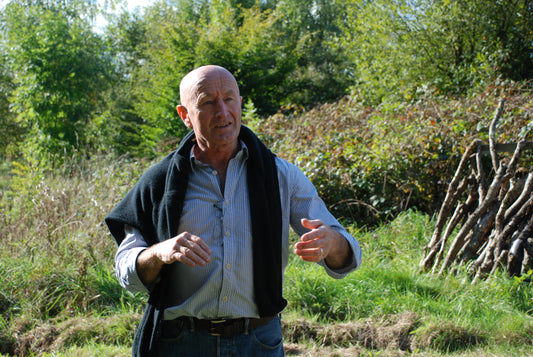
Mac Macartney on finding our passions to bring ...
There’s an elephant in the room, and its name is climate change. I often attempt to talk about the changing climate of our planet but don’t usually progress further than the mention of a trunk or an ear at most: it’s an upsetting topic for many of us, and it’s easier not to think about it. So, when I spoke to Mac Macartney, accomplished TEDx speaker, author and founder of Embercombe, I found it refreshing that he wasn’t afraid to address this pressing issue that many of us attempt to hide from. Mac’s take on the issues we face is matter of-fact. “We’re faced with an existential crisis,” he tells me. The latest IPCC report gives us 12 years to make changes to prevent irreversible climate change, but many of us question whether this potential hope will make any difference, when years of dire warnings have proven insufficient. We’re all...
Mac Macartney on finding our passions to bring about change
There’s an elephant in the room, and its name is climate change. I often attempt to talk about the changing climate of our planet but don’t usually progress further than...
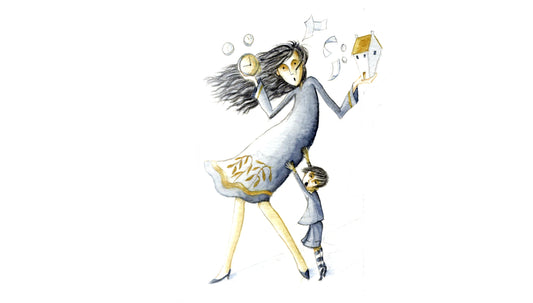
The Working and Parenting Dilemma: how to find ...
“The future is not inevitable. We can influence it, if we know what we want it to be… We can and should be in charge of our own destinies in a time of change.” Charles Handy, 1989 The road to parenthood is often littered with tough decisions, compromises and abandoned dreams. One common stumbling block is the eternal tug of war between paid work and parenting. It is a clash of well-made intentions and hard realities, with few alternatives offered by our working culture. Evolving a life where we can balance our children’s needs for breastfeeding, love and plenty of hands-on parenting, with our own adult needs for recognition and engagement with the outside world, whilst meeting our financial needs, is a quandary that many families face. As a society, we are improving in our provision of parental leave, maternity allowance and child care options, but we are still putting...
The Working and Parenting Dilemma: how to find your own way
“The future is not inevitable. We can influence it, if we know what we want it to be… We can and should be in charge of our own destinies in...
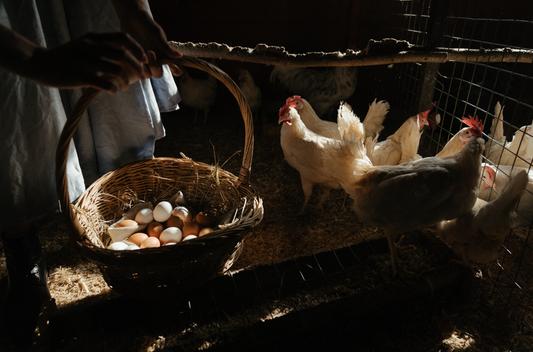
Learning from the past: life on the 1940s’ home...
Twenty-nine eggs a year, two ounces of cheese and three pints of milk a week: not a failed self-sufficiency project, but real life for many British families during the Second World War. As prices rise and even non-luxury foodstuffs become more expensive, feeding a growing family on a budget is more of a challenge. Can we learn from the past in a time of economic and environmental challenge? I do not want to suggest that we return to the 1940s, that heyday of home-growing, simple pleasures and family life. Clearly, living through the Second World War is not to be envied. Our grandmothers went without food so that their children would not go hungry; our grandfathers signed up too young and those who returned from the Front were scarred for life. Yet, I feel we can learn lessons that have perhaps been forgotten in the name of progress, and use...
Learning from the past: life on the 1940s’ home front
Twenty-nine eggs a year, two ounces of cheese and three pints of milk a week: not a failed self-sufficiency project, but real life for many British families during the Second...
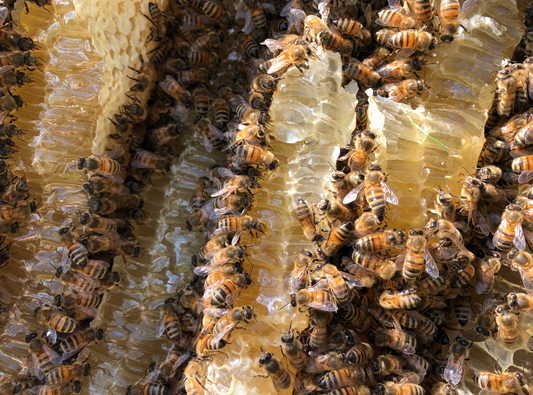
Beekeeping with children: love and connection t...
I keep bees because I love my dad. Spending time in the heat, smoke and buzz of a beehive is a way of connecting with him even when he isn’t there. Years ago, my mum would peg old net curtains to me; a small child desperate to join the world of beekeepers. I was blown away by the overpowering warm smell of honey and beeswax when my dad cracked a hive open with his pocket knife. Mostly I remember coming back to the cool kitchen to push a watery lump of bicarbonate of soda around a cereal bowl when I’d inevitably been stung! I remember the whir of the old honey spinner at the end of a warm summer when everything was sticky. I remember breaking through the crust of honey with the butter knife and tasting all the summer flowers on my bread. I hope my own children will...
Beekeeping with children: love and connection through tending the hive
I keep bees because I love my dad. Spending time in the heat, smoke and buzz of a beehive is a way of connecting with him even when he isn’t...

The Money Mindfulness Game
When we think about money, we tend to think in terms of the doing, don’t we? Of spending, saving, budgeting, and investing. We use money to ‘do’ other things: to buy things, generate wealth, or provide care, and as a result our focus is on the thing that we use money to do. Money is the means, and the result is what we buy or what we can afford to enjoy, so that’s what we concentrate on. When we think about our family lifestyle, once we’ve identified what our ideal result looks like, we tend to focus on the How. How will we afford this? How can we save enough to feel comfortable? How can we plan for parental leave, childcare, schooling? Whilst these are all great questions, as a financial coach, I encourage people to take a step back from this question. By focusing on the How, we overlook...
The Money Mindfulness Game
When we think about money, we tend to think in terms of the doing, don’t we? Of spending, saving, budgeting, and investing. We use money to ‘do’ other things: to...
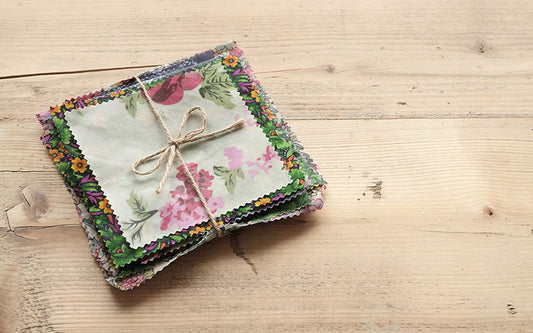
Make your own waxed cotton food wraps
Jess Hazel shows us how to make a natural and beautiful food wrap from old fabric scraps and wax. These wraps are easy to make and are a great replacement for cling film. The cloth protects food, keeping it fresh while allowing it to breathe, which can help the food last longer. The cloth is flexible and can be shaped to cover bowls/containers, to wrap food (such as sandwiches, blocks of cheese, fruit, cakes) and folded to make packets for snacks like nuts and cut fruit. Just use the warmth of your hands to manipulate the cloth and keep it in place. YOU WILL NEED • wax – wax pellets, an old unscented candle, or natural beeswax if you have it. Experiment with soya or candelilla wax for a vegan alternative. • a cheese grater (not needed if you’re using pellets) • 100% cotton fabric in various sizes • pinking shears...
Make your own waxed cotton food wraps
Jess Hazel shows us how to make a natural and beautiful food wrap from old fabric scraps and wax. These wraps are easy to make and are a great replacement for...





